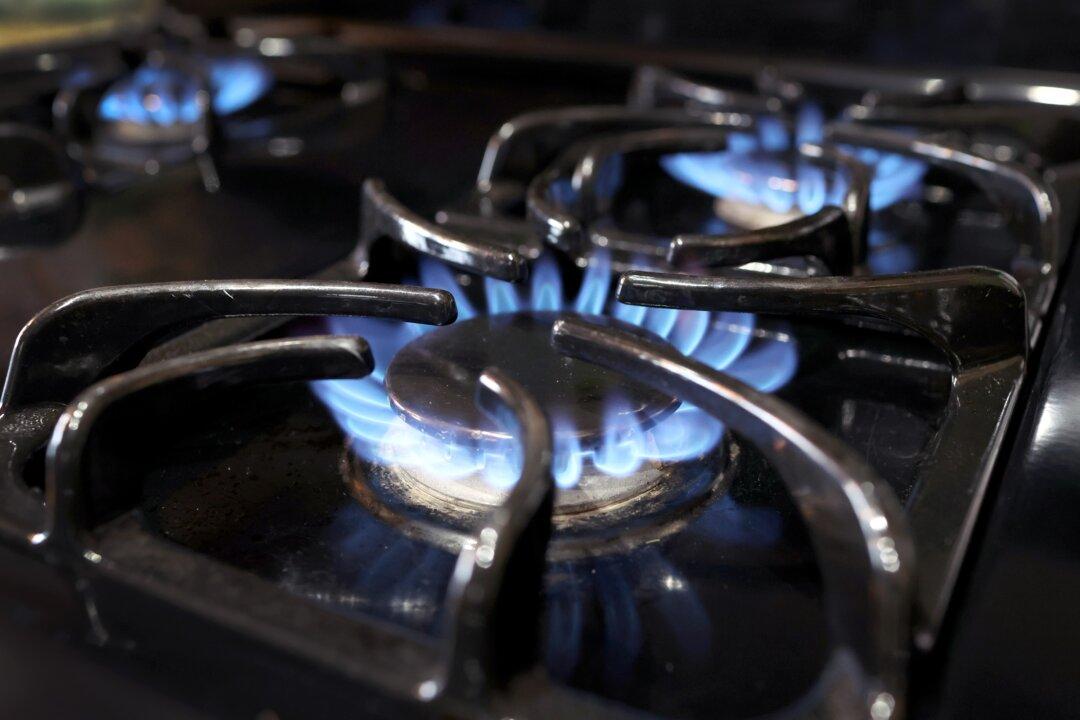New York has become the first state in the country to ban natural gas stoves after the state Legislature approved a new state budget that includes a prohibition on fossil fuel combustion in most new buildings starting in 2026.
The final vote followed weeks of what Gov. Kathy Hochul called “very intense” negotiations that led to the May 2 passage of the $229 billion state budget, which includes a ban on gas stoves, furnaces, and propane heating in favor of appliances such as heat pumps and electric stoves.





